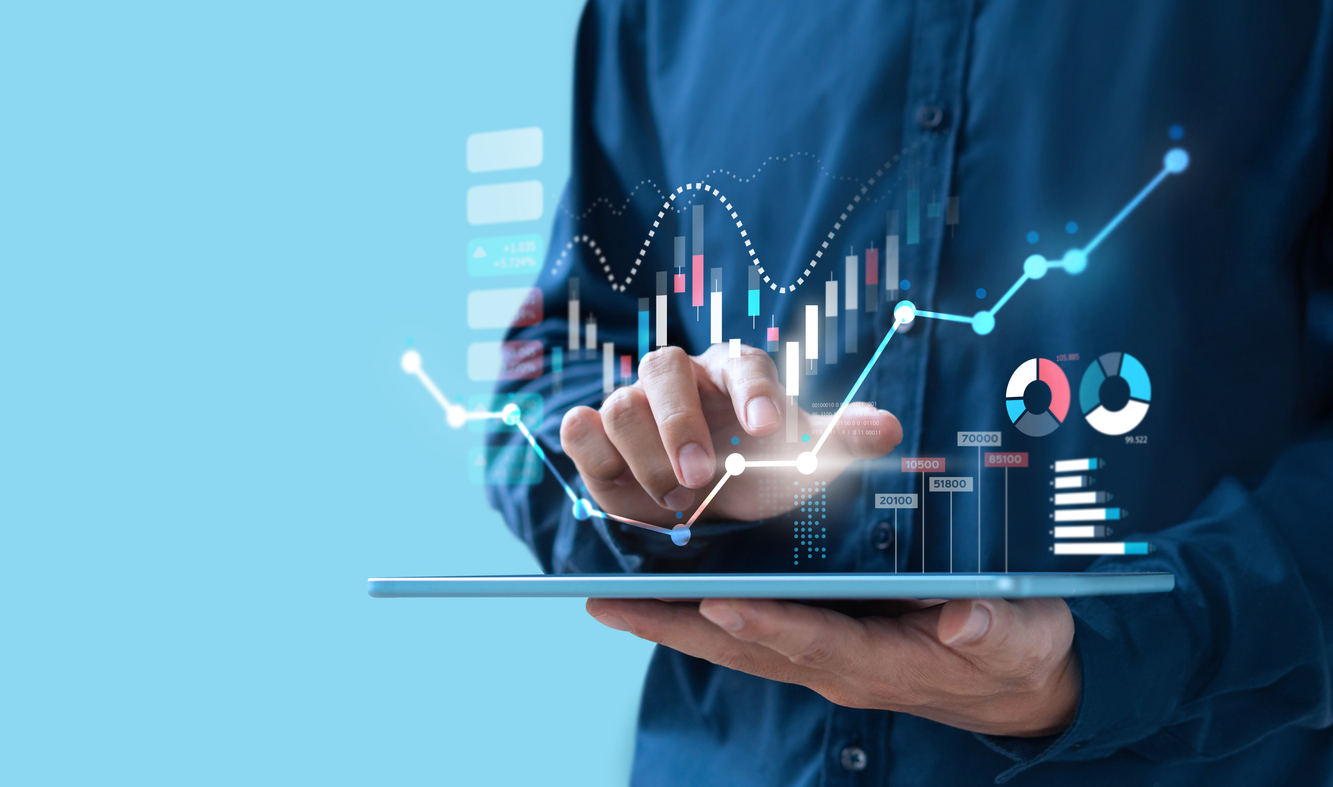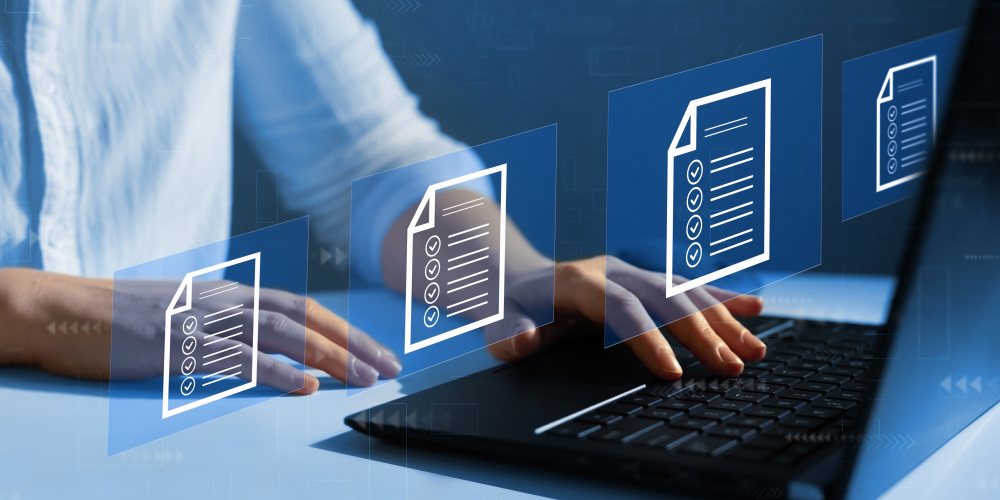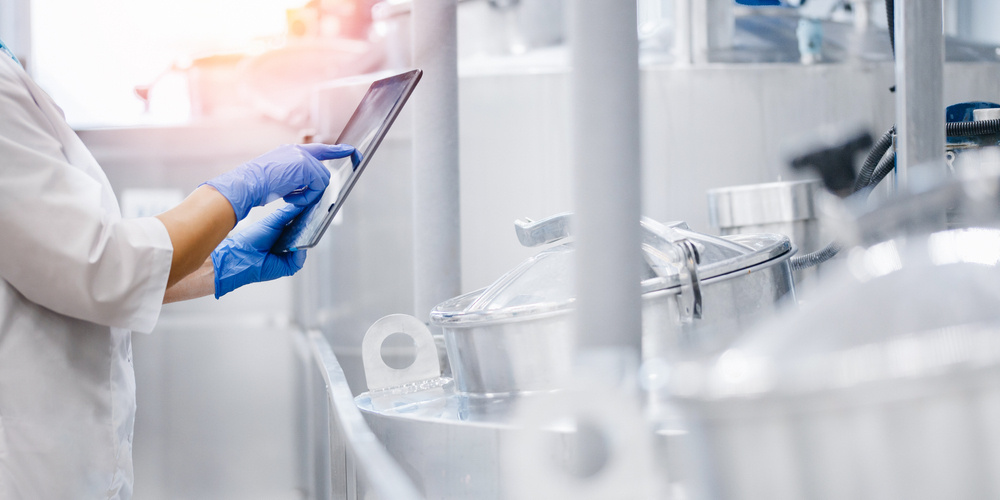Digital Data Standardization in the Food Industry
Data collection is a challenge for the food industry. The food sector has difficulty ensuring consistent quality control measures and processes across its value chain. Manual processes and information technology systems that create silos in the food and beverage industry threaten to hinder the efficient collection of data and the tracking of products throughout the supply chain daily.
-
Data is often collected manually, which is inefficient and expensive
-
Data is often collected in different formats, making sharing challenging
-
Data collection occurs at various times, which makes it difficult to compare
The food industry faces several challenges, including increasing transparency, reducing costs, and improving efficiency. The Digital Data Standardization (DDS) initiative seeks to address these challenges by promoting global digital data standards in food safety programs.
Why Digitalize?
Digital data is the future of food and beverage industry standards. The advantages of digital data are numerous, including the following:
-
Accuracy - Unlike paper-based records, digital records are more accurate due to the depreciation of human error that occurs when entering or reviewing information. Additionally, this facilitates sharing information with third parties and compliance requirements such as HACCP (Hazard Analysis Critical Control Point) audits that ensure food safety by identifying potential hazards during production.
-
Security - Electronic records create a verifiable history of events that cannot be erased or altered in any way, making them more secure than paper records. They do not require physical storage space like paper, making digital records less susceptible to physical damage and accessible anywhere at any time without needing special equipement such as scanners and printers.
-
Reliability - In digital systems, verification, monitoring, and documentation of food safety and quality activities occur automatically behind the scenes with minimal human intervention, making the process more repeatable and less prone to error than paper-based systems.
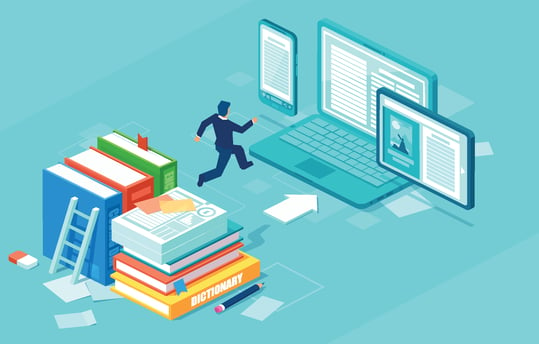
Data Quality and Governance
In the food and beverage industry, the field of data governance has been slow to evolve. It is time for a change. Food and beverage companies must address data quality and management to improve food safety and quality programs, protecting consumers from foodborne illness.
The Food and Drug Administration (FDA) envisions a future in which any company can access real-time information regarding the history of its products. The FDA will utilize technology to increase traceability and transparency throughout the supply chain; all stakeholders can see what happens to each product as it moves from farm to table. The exploitation of data is part of the agency's broader effort to combat the problem of food fraud, which costs consumers billions each year.
The food industry must also address the FDA's digital transformation initiative because it affects how companies collect, store, process, and use data and how customers can obtain them. They will need to use digital technology more than ever to accomplish this. A governance process is necessary to create a single, interoperable platform. There should be a clear understanding of the roles and responsabilities of data owners, stewards, and platform users within this governance process. In addition, the process must explain who has access to what data end how the data management will occur to ensure that all stakeholders can effectively utilize it.
Establishing and maintaining data standards throughout the food industry's digital ecosystem is essential to any business strategy seeking to maximize the use of emerging technologies. Data standardization is at the heart of digital transformation. Standardization of data encourages sharing data through common standards while improving traceability by speeding up and improving accuracy.
Data Standardization Promotes Data Sharing Using Common Standards
The Digital Data Standard (DDS) provides a framework for managing data across organizations and departments, which enhances collaboration with suppliers, partners, and customers across multiple industries. DDS enables organizations to share information securely through an enterprise platform that:
-
Ensures privacy by design
-
Supports continuous compliance through automated governance
-
Streamlines operations by reducing manual processes
-
Improves customer service levels with real-time access to accurate information at the point of need
-
Reduces costs associated with manual reporting processes through increased automation capabilities
-
Reduces the risk of cyberattacks
Creating a more connected food supply chain requires data standardization. It is vital to recognize that standardizing data faces many challenges, including a lack of buy-in from key stakeholders, who may fear losing a competitive edge if they participate. A collaborative approach is necessary to overcome these challenges and encourage data standardization contribution.
There are many benefits to sharing data across the value chain:
-
Increased visibility into supplier performance and quality standards
-
Reduced costs through better use of available information (for example, automation)
-
Improved decision-making through more complete and transparent data
-
Enhanced customer experience
-
Improved brand reputation and competitive advantage
Data Standardization Leads to Faster and More Accurate Traceability
Data standardization promotes sharing by using common standards for transmitting information within a supply chain. The standardization of data forms the foundation for digital data sharing. The process facilitates the faster and more accurate tracing of products, which is essential for successfully implementing digital technologies.
Such standards include:
-
Global Trade Item Numbers (GTINs)
-
Food Safety Management System Standards (FSMS)
-
Common Communication Interface (CCI)
Traceability is essential to meeting consumer expectations for safer food and better quality control. Using data standardization, food and beverage companies can uniformly track and trace individual product Stock Keeping Units (SKUs) through the supply chain. Food organizations can also share data about their products with trading partners and government agencies to facilitate compliance with regulations. It is worth noting that standardizing data alone will not provide all the benefits of digital transformation. The food industry should implement technology solutions to ensure uniform information sharing throughout the supply chain. It is possible to reduce waste, enhance quality control, and increase overall efficiency through this approach.
Learn more about the Novolyze platform to digitalize Food Safety & Quality
Data Standardization Means Less Time Spent Switching Systems
The standardization of data is crucial for the efficient operation of an organization due to its ability to facilitate switching between different information systems and creating standard formats for data, end users will find it easier to navigate between platforms without re-entering the same information each time. The cumulative effect of implementing a standardized data system is a substantial redution in time and effort, especially for larger organizations with multiple systems and applications.
Breaking Data Silos
Silos impede decision-making and prevent businesses from responding quickly to change. Many factors contribute to the development of data silos, such as manual processes, information technology (IT) processes, business systems, data sets, standards, and sources. For example, a food and beverage company's ERP (Enterprise Resource Planning) system and analytics tool may store data in other formats and structures; however, there may not be an integrated approach between these tools and the digitalization initiatives carried out separately. Consequently, this creates unnecessary complexity, adversely affecting the organization's agility and productivity.
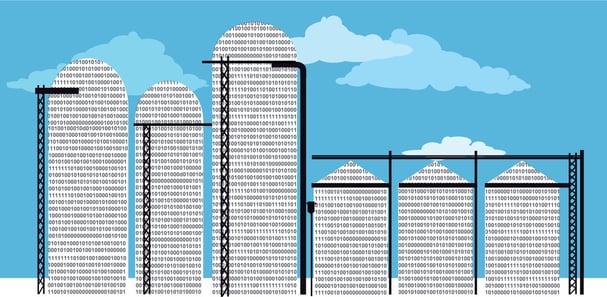
Furthermore, the business itsef often generates silos. A company may have different departments with different data sets and processes for generating reports and insights. As a result, this adds further convolution and inefficiency since information will have to be shared across departments before other teams can make use of it.
Food and beverage organizations must strive to create an integrated data infrastructure that all stakeholders can access to become more agile and productive. Data governance strategies and common standards for collecting and analyzing data are necessary for companies to achieve this. Incorporating integrated data infrastructures allows the food industry to share information quickly, collaborate on different projects without being concerned with which tools or processes to employ, and respond rapidly to changes in their market environment.
Conclusion
As the food and beverage industry transitions from paper-based to digital systems, it faces significant challenges. Quality data is only one example of this challenge; data standards are also essential to facilitate the easy access, sharing, and exchange of information among all participants in the value chain. Through collaboration, industry stakeholders will be able to identify the specific needs of the food sector and develop solutions that will enhance the effectiveness of these systems while also addressing critical issues such as safety and transparency.
Have you started your digital transformation journey?
Contact us to find out how Novolyze can help you enhance food safety and quality through digitalization.

